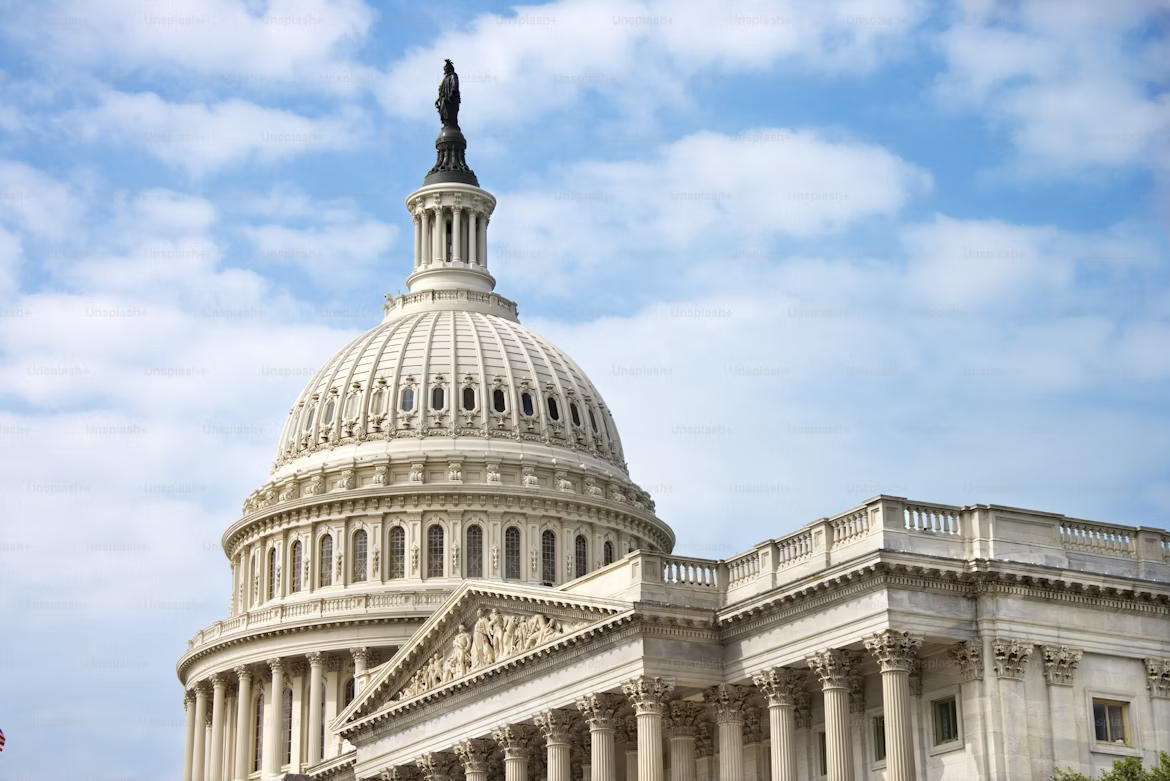The State Seal of Civic Engagement was created by California in 2017 and first awarded in 2021 with the purpose of highlighting students who not only understand how government and civic systems work, but also take action to improve the world around them. In other words, it’s not just about what you know, it’s about what you do with that knowledge.
Most students at Aliso Niguel have heard of the Seal of Biliteracy, which recognizes those who achieve high levels of proficiency in more than one language. But fewer know about the State Seal of Civic Engagement, a newer recognition designed to honor students who go above and beyond in contributing to their schools and communities.
To qualify, students must demonstrate proficiency in several key areas. They need to show civic knowledge by understanding history, government, and how civic institutions function. They must also develop civic skills and take action by participating in activities that strengthen the community, whether through volunteering, student government, activism, or school projects. Students are expected to show a civic mindset, approaching issues with respect, collaboration, and an interest in making positive change, and they must maintain solid academic achievement to demonstrate responsibility both inside and outside the classroom.
While requirements can vary slightly by district, the overall goal is the same: to celebrate students who step up as leaders and problem-solvers.
Why does this matter for students at Aliso Niguel? For one, the SSCE is an official recognition that goes on your transcript and diploma. Colleges, scholarship committees, and future employers can see it as proof that you’ve taken initiative beyond the classroom.
Many Wolverines are already involved in activities that align with the SSCE’s mission. Students in Model United Nations demonstrate civic knowledge and debate skills. Members of California Scholarship Federation or National Honor Society devote countless hours to tutoring, service projects, and leadership roles. Others contribute by volunteering at local food banks, participating in community clean-ups, or organizing charity events. Even smaller-scale contributions, like mentoring underclassmen or raising awareness for a cause, fit into the seal’s broader definition of civic engagement.
“I love the idea that the state is recognizing civic engagement,” said Junior Brooke Jennings. “Sometimes students put in a lot of work outside of class, and it doesn’t always get noticed the same way grades or test scores do.”
Junior Yas Eftekhari agreed, noting that the seal adds meaning to what many students are already doing. “A lot of us volunteer or take part in projects just because we care,” she said. “The seal is a way to show that effort really matters.”
Beyond individual recognition, the SSCE reflects a larger trend in education: the idea that schools should prepare students not only for college and careers but also for active citizenship. By rewarding civic engagement, the state is signaling that leadership, service, and responsibility are just as valuable as grades or test scores.
The program also connects to broader conversations about youth participation. From voting and advocacy to community projects, young people are increasingly at the forefront of social change. The SSCE highlights that these efforts begin in high school and are worth celebrating.
Even though the program isn’t as widely known as other academic awards, it has the potential to grow in importance. In a time when civic participation and media literacy are more crucial than ever, the State Seal of Civic Engagement recognizes the students who are already leading by example.
For Aliso Niguel students who care about their community, the SSCE is a reminder that their efforts are seen and valued. Whether through service, leadership, or advocacy, earning this seal is proof that young people can make a real impact, not just in the classroom, but in the world around them.





